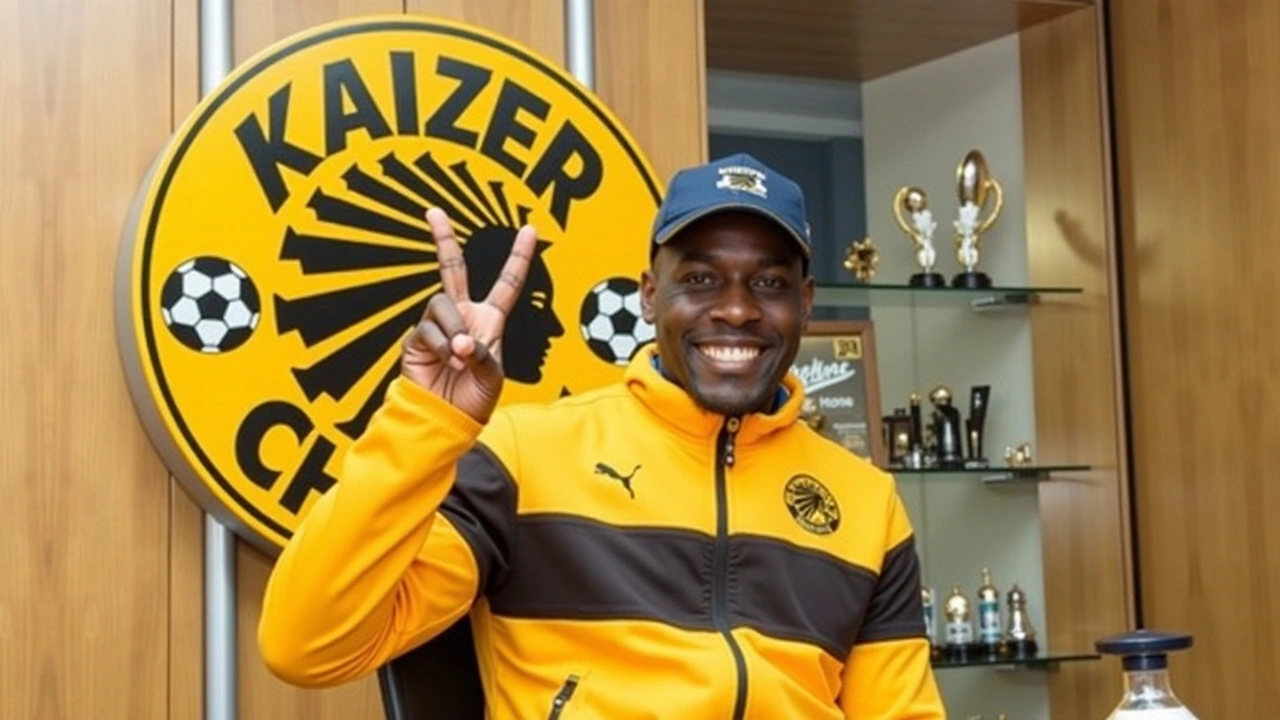Assistant Coach: What You Actually Do and How to Excel
Want to help your team win without being the head coach? Assistant coaches are the engine of any successful program. You handle details the head coach can’t, drive player development, and keep the team sharp every day. Here’s a clear, practical guide to the job and how to move up.
Core duties and daily habits
Every assistant coach’s day looks different, but certain tasks show up everywhere. Plan practices with clear objectives—warm-up, skill work, situational drills, and a short scrimmage. Prepare scouting reports: pick three things the opponent does well and three weak spots you can target. Run video sessions that focus on one teachable moment per player, not hour-long lectures. Keep communication short and specific: tell a player exactly what to change and why.
On game day, manage substitutions, track match events (fouls, set pieces, rotations), and feed the head coach concise updates. After games, do quick one-on-one reviews with players—two positives, one fixable issue, and a plan for the next practice. Small consistent feedback beats rare long talks.
How to stand out and build your career
Be the coach who solves problems before they start. Create a 15-minute video clip library for common skills (shooting form, passing lanes, defensive stance) with timestamps so players can self-correct. Use simple metrics—minutes played, turnovers, successful plays—to show progress. Offer to run extra sessions for players who need reps; that visibility matters.
Network inside and outside your sport. Volunteer at camps, assist youth teams, and keep a tidy online profile with short video highlights of your drills and team improvements. Take certifications relevant to your level and sport, and log them in a coaching CV. When head coach positions open, teams want someone with technical skills, people skills, and proven reliability.
Handle conflict fast and quietly. If two players clash, separate them, get facts, and set a short corrective task—no public lectures. Practice clear boundaries: be supportive but consistent. Players trust coaches who are fair and predictable.
Finally, think long-term. Track small wins: a player who fixed a weak foot shot, a defensive unit that dropped turnovers by 30%, or a practice plan that boosted energy. Keep a folder of these wins for job interviews. Assistant coaches who can show measurable impact get promoted.
Being an assistant coach means doing the work others forget and making improvements visible. Focus on clear practice goals, useful feedback, simple data, and steady relationship-building. Do that, and you won’t just support a team—you’ll lead one day.
Kaizer Chiefs Enhance Team Dynamics with Cedric Kaze as New Assistant Coach
Kaizer Chiefs has brought on Cedric Kaze as the new assistant coach to strengthen their technical team following Fernando da Cruz's exit. Kaze, a Burundian, has a proven track record with the team's head coach, Nasreddine Nabi, from their tenure at Young African in the Tanzanian Premier League. This appointment is poised to streamline coaching duties and improve communication within the club, potentially benefiting the team's performance and efficiency.
